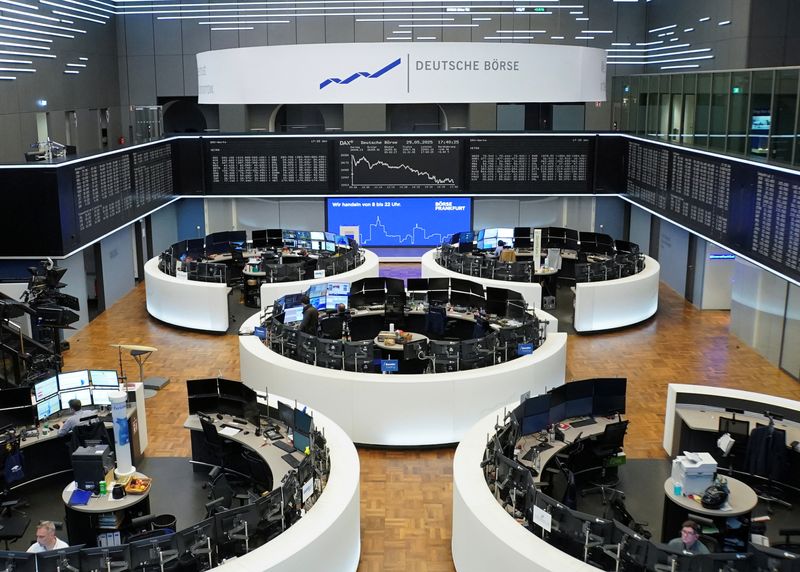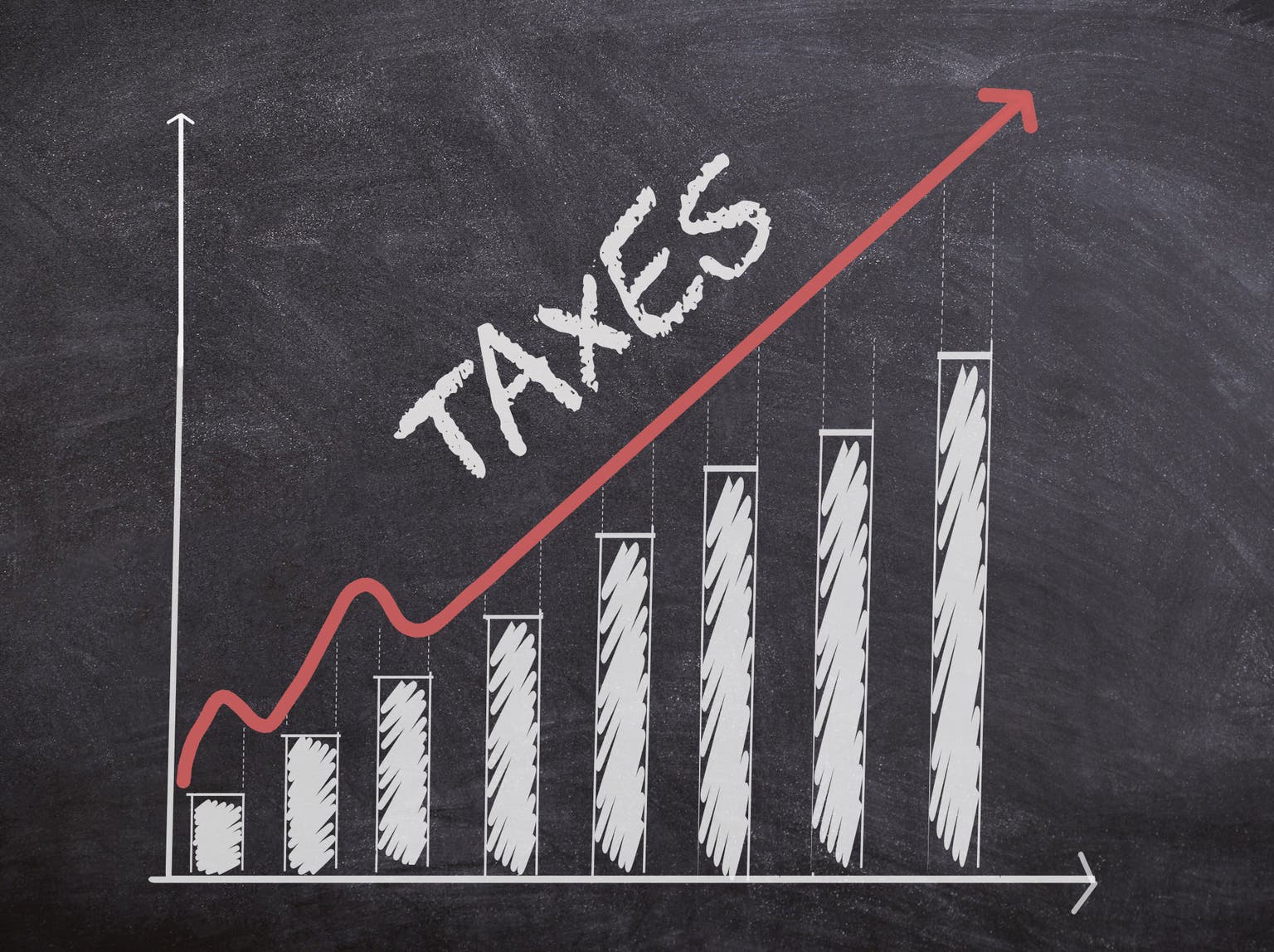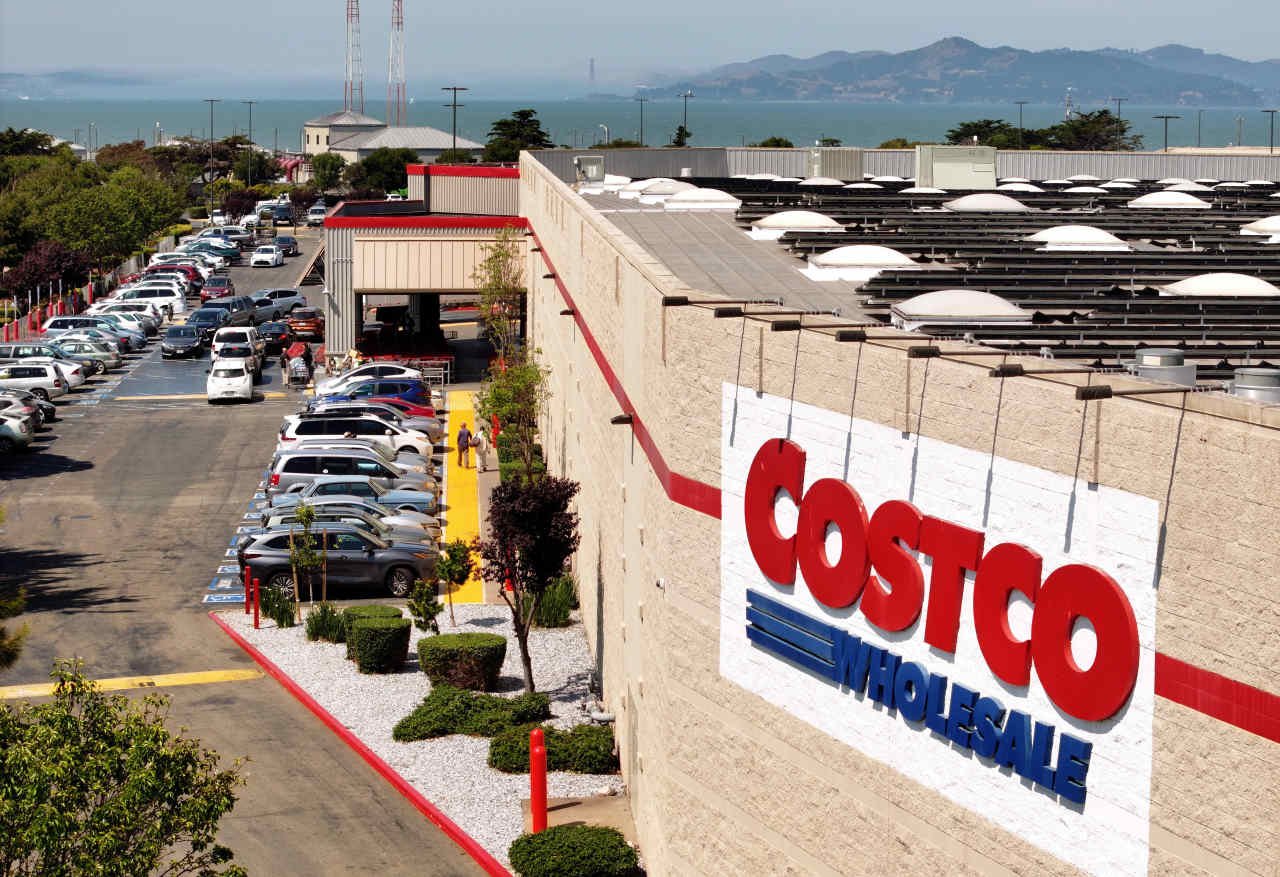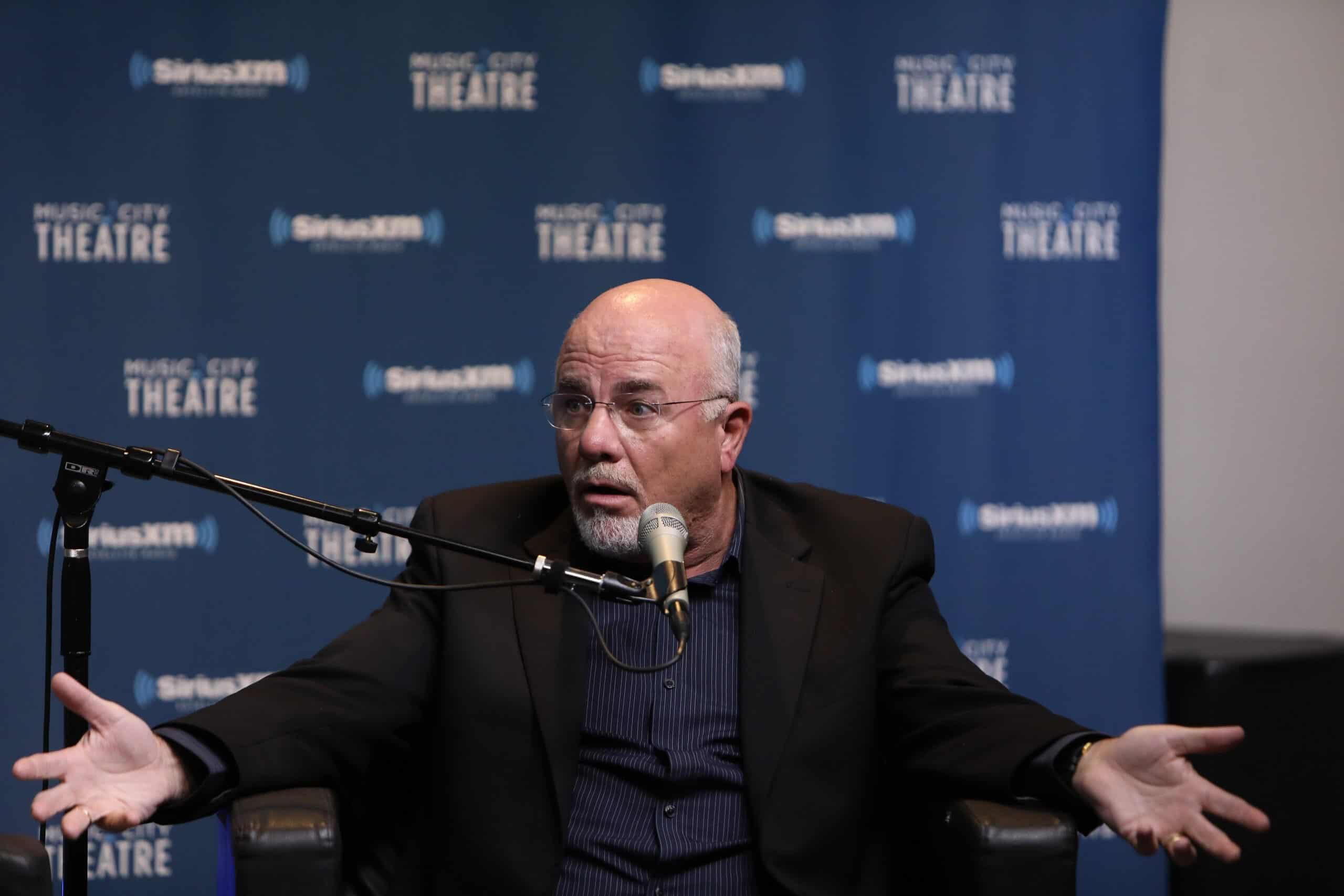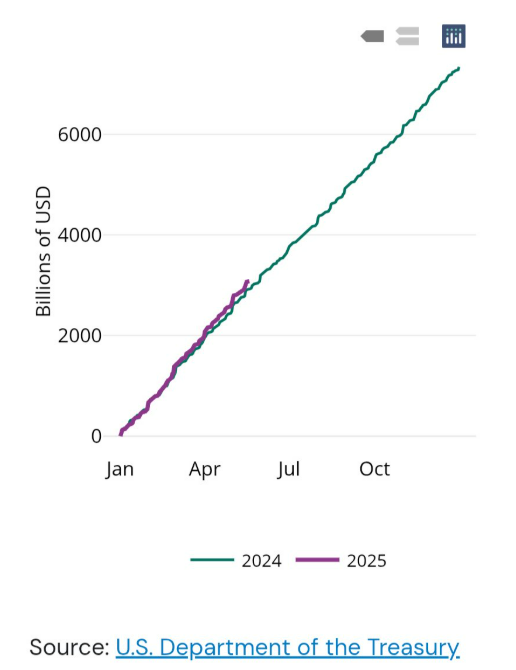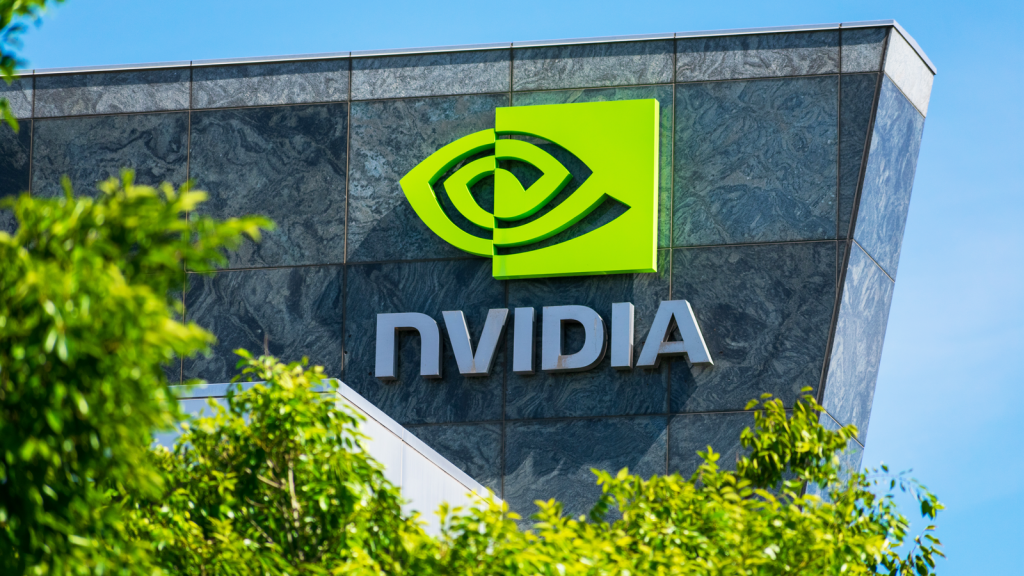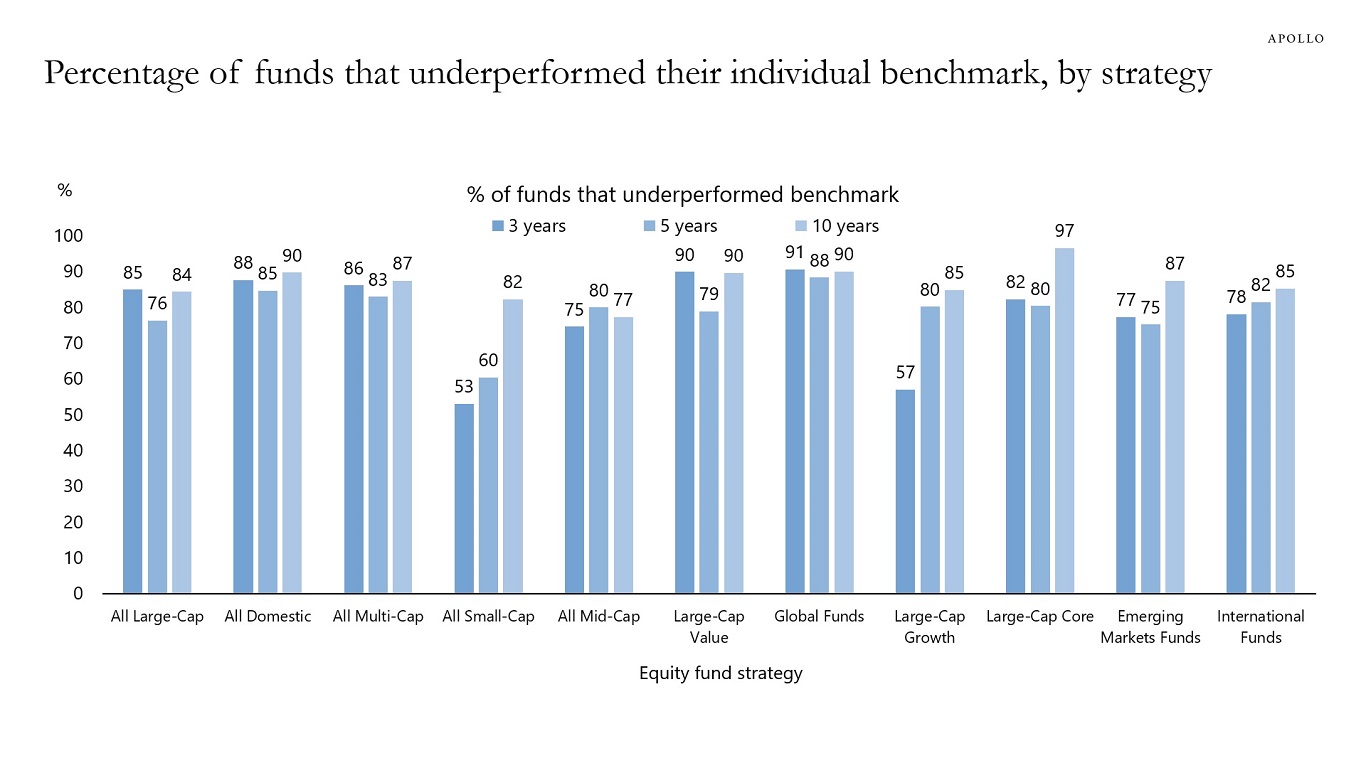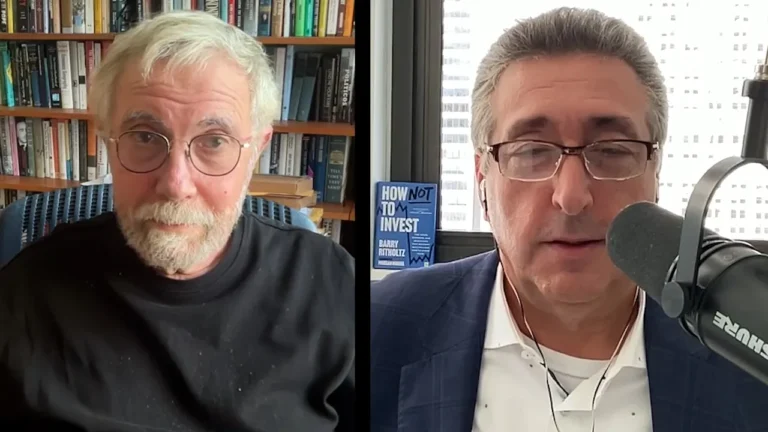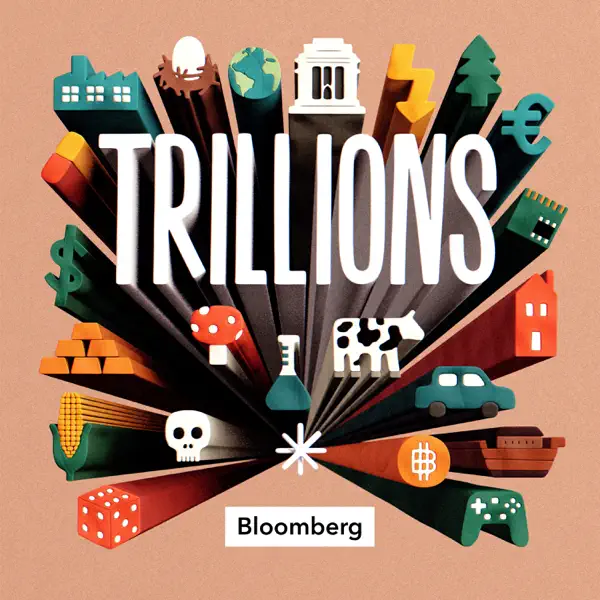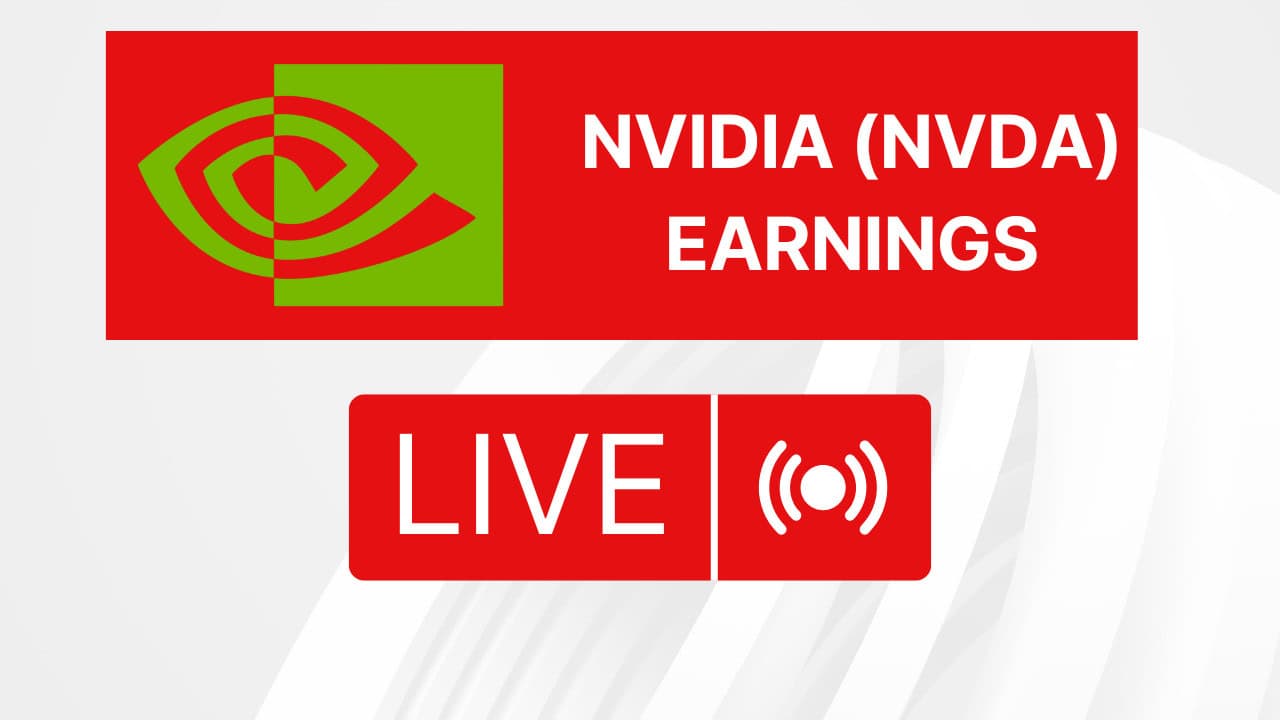Amazon (AMZN) and Alphabet (GOOG) Are The Cheapest Trillion-Dollar Stocks Today
Trillion-dollar market valuations remain a rare milestone, typically only achieved through extraordinary corporate success and global influence. The first stock to cross this threshold was PetroChina (OTC:PCCYF), which briefly reached $1 trillion on its debut trading day on the Shanghai Stock Exchange in November 2007. Apple (NASDAQ:AAPL) became the first U.S. company to achieve this milestone in […] The post Amazon (AMZN) and Alphabet (GOOG) Are The Cheapest Trillion-Dollar Stocks Today appeared first on 24/7 Wall St..

Trillion-dollar market valuations remain a rare milestone, typically only achieved through extraordinary corporate success and global influence. The first stock to cross this threshold was PetroChina (OTC:PCCYF), which briefly reached $1 trillion on its debut trading day on the Shanghai Stock Exchange in November 2007. Apple (NASDAQ:AAPL) became the first U.S. company to achieve this milestone in August 2018, setting a precedent for tech giants.
Since then, 10 U.S. companies have joined this elite club, mostly driven by artificial intelligence advancements and resilient markets. Despite its growth, the club remains exclusive, with two stocks in particular that boast $2 trillion valuations offering investors compelling reasons to buy today due to their innovation and growth potential.
Key Points in This Article:
-
Alphabet’s (GOOG, GOOGL) dominance in search, cloud, and AI-driven innovation positions it as a resilient investment for long-term growth in a dynamic tech landscape.
-
Amazon’s (AMZN) leadership in e-commerce, cloud computing, and advertising ensures robust revenue diversification, making it a compelling buy despite economic challenges.
-
Both companies’ strong fundamentals and strategic focus on high-growth sectors support their elite trillion-dollar valuations, offering stability and upside potential.
-
Nvidia made early investors rich, but there is a new class of ‘Next Nvidia Stocks’ that could be even better. Click here to learn more.
Alphabet (GOOG, GOOGL)
Alphabet (NASDAQ:GOOG)(NASDAQ:GOOGL), with a $2.1 trillion market cap, is a premier investment in 2025, anchored by its unmatched dominance in digital ecosystems and diversified growth drivers.
Google Search holds a 90% global market share, fueled by enhanced ad formats and AI-driven targeting. Google Cloud, now consistently profitable, captured 12% of the cloud market in Q1 with AI solutions like Vertex AI, positioning it to rival AWS and Microsoft‘s (NASDAQ:MSFT) Azure.
YouTube, with 2.7 billion monthly users, and Alphabet’s AI advancements, including its Gemini models, strengthened its search accuracy and cloud offerings, helping to counter competition from OpenAI and Microsoft.
GOOG trades at 18 times Wall Street’s estimates, and Alphabet is 28% below its five-year average P/E, offering value despite the 8.6% year-to-date dip in the stock. Its $96 billion cash reserve and a 12% share count reduction through stock buybacks since 2020 enhance its earnings growth, which is projected to grow 13% annually through 2030.
Yet risks abound. Alphabet faces U.S. and European Union antitrust probes over data privacy and ad practices, and the Justice Dept. is looking for Google to divest its ad business. These could lead to fines or restructuring, but Alphabet’s legal expertise and cash buffer can help mitigate impact.
There is also a possibility that its AI advances could undermine its search business. Google has started including AI-generated answers at the top of search results, which are convenient but could discourage users from searching further.
Analysts, though, maintain a buy rating on GOOG stock and a consensus $204 per share one-year price target, implying 17% upside.
Alphabet’s diversified revenue, financial strength, and AI-driven innovations still make it a must-buy stock for long-term investors seeking stability and growth in a volatile market.
Amazon (AMZN)
Amazon (NASDAQ:AMZN), valued closer to $2.2 trillion, is the second top investment for 2025, driven by its leadership in e-commerce, cloud computing, and emerging high-margin ventures.
Its online marketplace, with around 220 million Prime members, delivered $126.4 billion in first-quarter sales, up 6.8% year-over-year, bolstered by faster delivery and expanded product offerings. Amazon Web Services (AWS), holding 29% of the cloud market, grew 17% to $29.3 billion, driven by AI infrastructure demand, including custom Trainium chips for machine learning. Advertising revenue jumped 19% to $13.9 billion, leveraging Amazon’s vast consumer data for targeted ads. AI investments, like the Anthropic partnership, enhance AWS’s competitive edge, with analysts forecasting 20% cloud growth through 2027.
AMZN stock trades at 32 times analyst earnings projections, indicating Amazon’s valuation aligns with AWS’s 63% contribution to operating margins and justifying its premium. Its $94.6 billion cash and short-term investments reserve fuels innovation, though $53 billion in debt and tariff risks could squeeze retail margins, especially with inflation at 2.3%, still above the Federal Reserve’s targeted 2% level.
Amazon’s logistics helps counter the cost pressures it faces, helping to ensure customer loyalty. Although competition from Azure and Walmart’s e-commerce push challenges growth, its diversified model — retail, cloud, ads, and streaming — provides resilience.
Wall Street has a $244 per share price target, suggesting 18% upside. Because of Amazon’s scale, technological innovation, and ability to navigate economic headwinds, the e-commerce and cloud computing leader is a compelling long-term buy for investors.
The post Amazon (AMZN) and Alphabet (GOOG) Are The Cheapest Trillion-Dollar Stocks Today appeared first on 24/7 Wall St..







